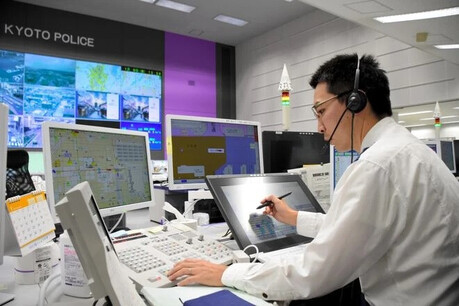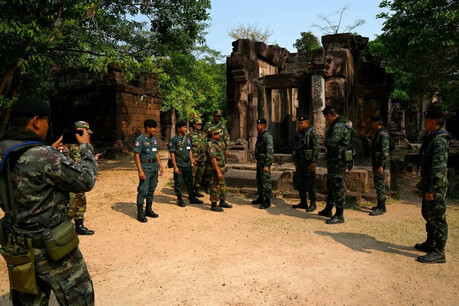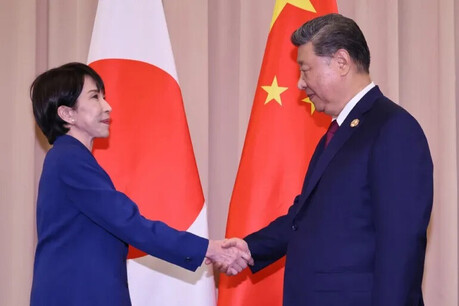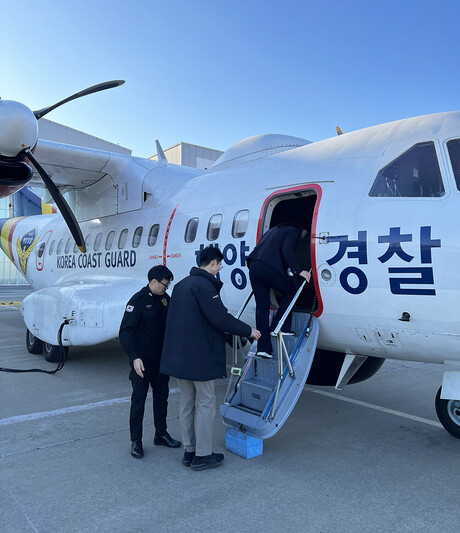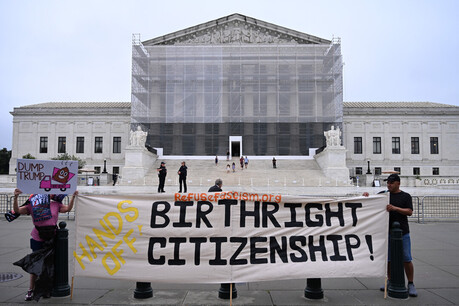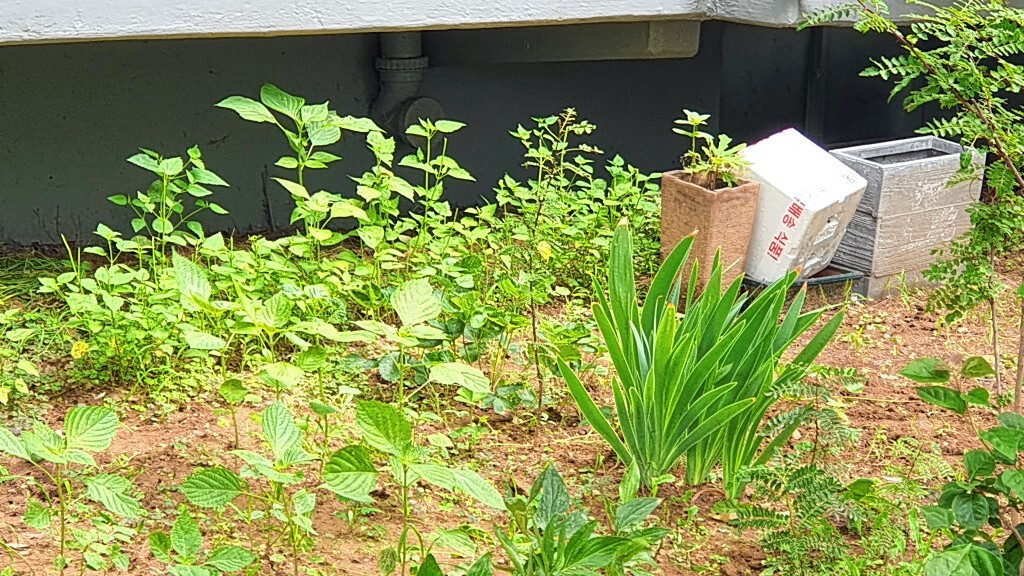
Seoul, South Korea – As urban living spaces become increasingly limited, residents in Korean apartment complexes are finding innovative ways to cultivate a connection with nature. Community gardens have emerged as a popular solution, offering both recreational and educational benefits.
However, the unauthorized cultivation of plants in common areas has also led to disputes between residents and management. In Namgu district, Gwangju, a recent incident saw elderly residents ordered to remove a vegetable garden they had established in a landscaped area. The garden had generated complaints due to the smell of fertilizer.
While some local governments have adopted a strict stance on unauthorized gardening, others are more lenient. A government official in the Seoul metropolitan area noted that cultivating plants in designated landscaping areas is generally acceptable, unless it damages existing vegetation or causes harm to others.
Apartment complexes that have successfully implemented community gardens have found that they can enhance community cohesion and resident satisfaction. The Gangdong Riverst 6 complex in Gangdong-gu, Seoul, boasts an 876 square-meter community garden. The garden is so popular that residents have to enter a lottery to secure a plot.
For apartments with limited space, rooftop gardening events have become an alternative. The Raemian Haeriber apartment complex in Seongdong-gu, Seoul, has been hosting annual rooftop gardening events for the past three years. Residents are provided with pots, seedlings, and gardening tools, and are taught how to care for their plants.
Despite the challenges, community gardens in Korean apartment complexes have shown promise as a way to foster a sense of community, promote environmental awareness, and provide residents with a more fulfilling living experience.
[Copyright (c) Global Economic Times. All Rights Reserved.]
















